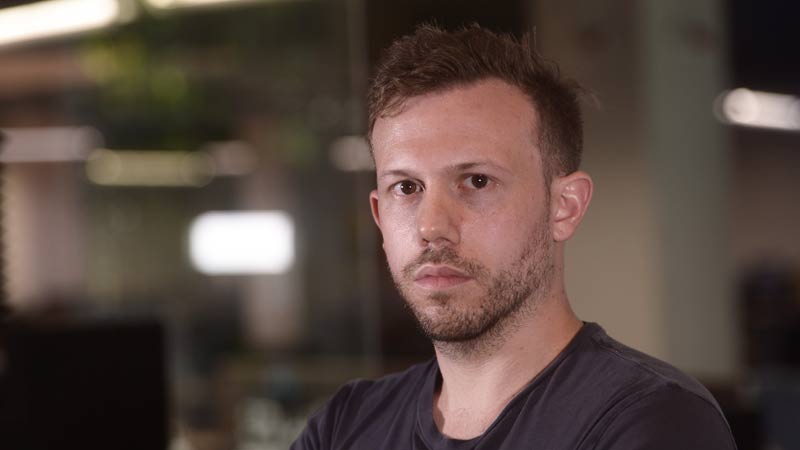
US cryptocurrency expert Marc Falzon has identified at least seven major gaps in the implementation of Bitcoin in El Salvador.
In his conversation with El Diario de Avui, digital currency expert Marc Falzon exposed numerous sins in the “bitcoinization” in the country, the launch of the government portfolio and the attitudes that certain influencers have shown.
This, laments the American expert, is particularly negative because all foreign Bitcoin enthusiasts will eventually leave and those left with a dysfunctional app, which has cost a lot of public money and with a dysfunctional currency will be the citizens . Here are some sins he identifies:
1- Chivo App does not work
Since his arrival in the country, Marc Falzon has come across that the application that the government launched to handle the cryptocurrency does not work for transactions smaller than a certain amount, does not allow withdrawing money and ATMs are complicated. This affects the average user, he notes.
Related note: “Bitcoin in El Salvador has not been a launch, it has been a collapse”
He also considers that it is difficult to consider “Bitcoin” a unit that cannot be exchanged in the way that a person wishes or withdraws as cash. This failure, he predicts, will make people just choose to continue using “fiat” money, that is, issued by a government in the traditional way.
2- It does not work as a currency
The American points out that Salvadorans have been offered Bitcoin as a currency of daily and common use, which can be administered through the Chivo wallet.
However, he says the evidence so far dictates that it is not functioning as a currency in practical terms, as it is not universally accepted (many businesses have decided not to receive it because the application does not work or misallocates transactions) .
Read also: “They only work from Monday to Saturday”: Chivo ATM kiosks closed on Sunday
While he says he hopes this can be corrected, he states that “right now the only useful purpose you can give it (to Bitcoin) is to turn it into dollars.”
3- People do not have control over their assets
Falzon explains that Chivo App does not give citizens control over their own account, both in Bitcoin and in dollars. So, remember one maxim from the crypto community: “if you don’t control the keys, it’s not your money.”
Promoter Boc: “Now it’s failing because it’s been the Cachada of the week”
By this, it refers to the fact that Chivo is a centralized application, developed by a government that has access to everyone’s accounts. “Would you feel safe if someone had the house keys for you and every time you want to enter they have to open it for you? I don’t,” he said.
5- The trap of the commissions
The pro-government speech speaks that with the application of the government and the installed ATMs no commission will be paid. However, Falzon explains that Bitcoin and Lightning, the systems to be implemented in El Salvador, have some of the highest commissions in the crypto world.
You may be interested in: Some do “business” with the Chivo wallet and others experience how volatile Bitcoin is
“Nothing is free and everyone in the Bitcoin community knows there will be high rates. We should know where these surcharges come from, it should be very clear before people are forced to use it as a currency,” he explains.
6- “Bet” paid with taxes
Since “bitcoinization” is tax-funded, he believes this equates to paying with everyone’s money a bet from some. While he believes the bet will yield good results, he sees it as immoral that Bitcoin is being forced and funded in this way.
In addition: Adoption of Bitcoin costs Salvadorans $ 238.3 million
In his view, this breaks with the original purpose and philosophy behind digital currency: voluntariness and decentralization.
7- Disinformation
According to Falzon, it is unfortunate that influencers are being used to spread inaccurate information about the adoption of the cryptocurrency. This, he says, he experienced first-hand when he tried to report what was happening and saw that enthusiastic accounts in the “bitcoinización” project tried to suppress or manipulate what he had posted.
In addition, it calls on the Bitcoin community to report the truth about the implementation of the asset and not what they would like to be happening in El Salvador.